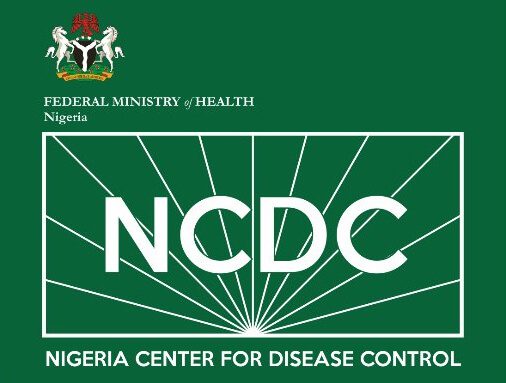…Cases surge to 14,237, death toll hits 378 death
The Nigeria Centre for Disease Control (NCDC) has reported a staggering 14,237 cholera cases and 378 deaths across 35 states and the Federal Capital Territory (FCT), highlighting a serious public health crisis.
Director General, Jide Idris, on Thursday announced these alarming figures during a press briefing in Abuja, noting a case fatality ratio of 2.7 percent.
Idris stated, “Sadly, 378 lives have been lost, resulting in a case fatality ratio (CFR) of about 2.7 percent. The burden of this outbreak disproportionately affects the most vulnerable—children under the age of five.”
He attributed the exacerbation of the outbreak to recent flooding in northern states such as Borno, Adamawa, Jigawa, Yobe, and Kano, which he identified as the current epicentres of cholera transmission.
In addition to cholera, the NCDC is monitoring other infectious diseases, including Mpox, Lassa fever, and Cerebrospinal Meningitis (CSM).
Idris emphasised the agency’s preparedness for the upcoming Lassa fever and CSM seasons, noting, “While projections for the upcoming CSM season suggest a moderate number of cases, the NCDC is not taking any chances.”
To combat the cholera outbreak, NCDC has deployed rapid response teams to affected states, supplying essential medicines, water purification tablets, and diagnostic tools.
Idris highlighted the agency’s commitment, stating, “We have also supported reactive cholera vaccinations in internally displaced persons (IDP) camps and conducted high-level advocacy visits to engage with state health leadership.”
The NCDC has also recorded 102 confirmed Mpox cases and 1,018 confirmed Lassa fever cases, resulting in 172 deaths.
To enhance disease surveillance, the agency has prioritised training healthcare workers in 11 states and has distributed 10,000 doses of the Mpox Jynneos vaccine to high-risk groups.
As part of its proactive measures against the Marburg virus outbreak in Rwanda, NCDC has activated health declaration forms for incoming passengers from affected regions and begun stockpiling necessary medical supplies.
Idris urged the public to practise good hygiene to prevent the spread of infectious diseases, advising, “Regular handwashing with soap and water, avoiding direct contact with sick or dead animals, and seeking medical attention immediately if symptoms occur are crucial.”

